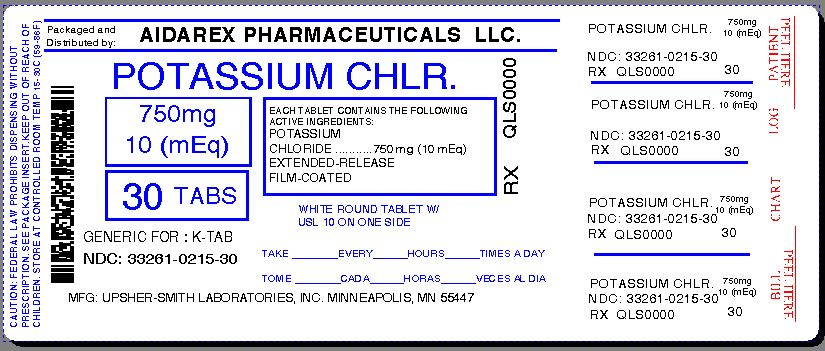
Potassium Chloride Tablet, Film Coated, Extended Release while Breastfeeding
What is Potassium Chloride Tablet, Film Coated, Extended Release used for?
Is Potassium Chloride Tablet, Film Coated, Extended Release safe to use while breastfeeding? Can it interfere with growth and development of my kid?

Nursing Mothers The normal potassium ion content of human milk is about 13 mEq per liter. It is not known if Potassium Chloride Extended-release Tablets have an effect on this content. Since oral potassium becomes part of the body potassium pool, so long as body potassium is not excessive, the contribution of potassium chloride supplementation should have little or no effect on the level in human milk.
Potassium Chloride Tablet, Film Coated, Extended Release Breastfeeding Analsys
Potassium chloride while Breastfeeding
SafeCAS Number: 7447-40-7
Human milk has a potassium concentration of 13 meq/L, almost a half of rehydration solution content and a quarter of maximal IV recommended dose. Potassium supplementation does not alter milk concentration without increasing mother’s serum concentration, which is strictly limited from 3,5 to 5,5 meq/L.
What should I do if already breastfed my kid after using Potassium Chloride Tablet, Film Coated, Extended Release?
It is always a good idea to keep your healthcare provider or doctor informed about your drug usage during pregnancy and breastfeeding but if you have not informed your doctor about Potassium Chloride Tablet, Film Coated, Extended Release and have used it then do not panic as Potassium Chloride Tablet, Film Coated, Extended Release is mostly safe in breastfeeding and should not cause any harm to your baby.
My health care provider has asked me to use Potassium Chloride Tablet, Film Coated, Extended Release, what to do?
Usage of Potassium Chloride Tablet, Film Coated, Extended Release is safe for nursing mothers and baby, No worries.
If I am using Potassium Chloride Tablet, Film Coated, Extended Release, will my baby need extra monitoring?
No
Who can I talk to if I have questions about usage of Potassium Chloride Tablet, Film Coated, Extended Release in breastfeeding?
US
National Womens Health and Breastfeeding Helpline: 800-994-9662 (TDD 888-220-5446) 9 a.m. and 6 p.m. ET, Monday through Friday
UK
National Breastfeeding Helpline: 0300-100-0212 9.30am to 9.30pm, daily
Association of Breastfeeding Mothers: 0300-330-5453
La Leche League: 0345-120-2918
The Breastfeeding Network supporter line in Bengali and Sylheti: 0300-456-2421
National Childbirth Trust (NCT): 0300-330-0700
Australia
National Breastfeeding Helpline: 1800-686-268 24 hours a day, 7 days a week
Canada
Telehealth Ontario for breastfeeding: 1-866-797-0000 24 hours a day, 7 days a week
